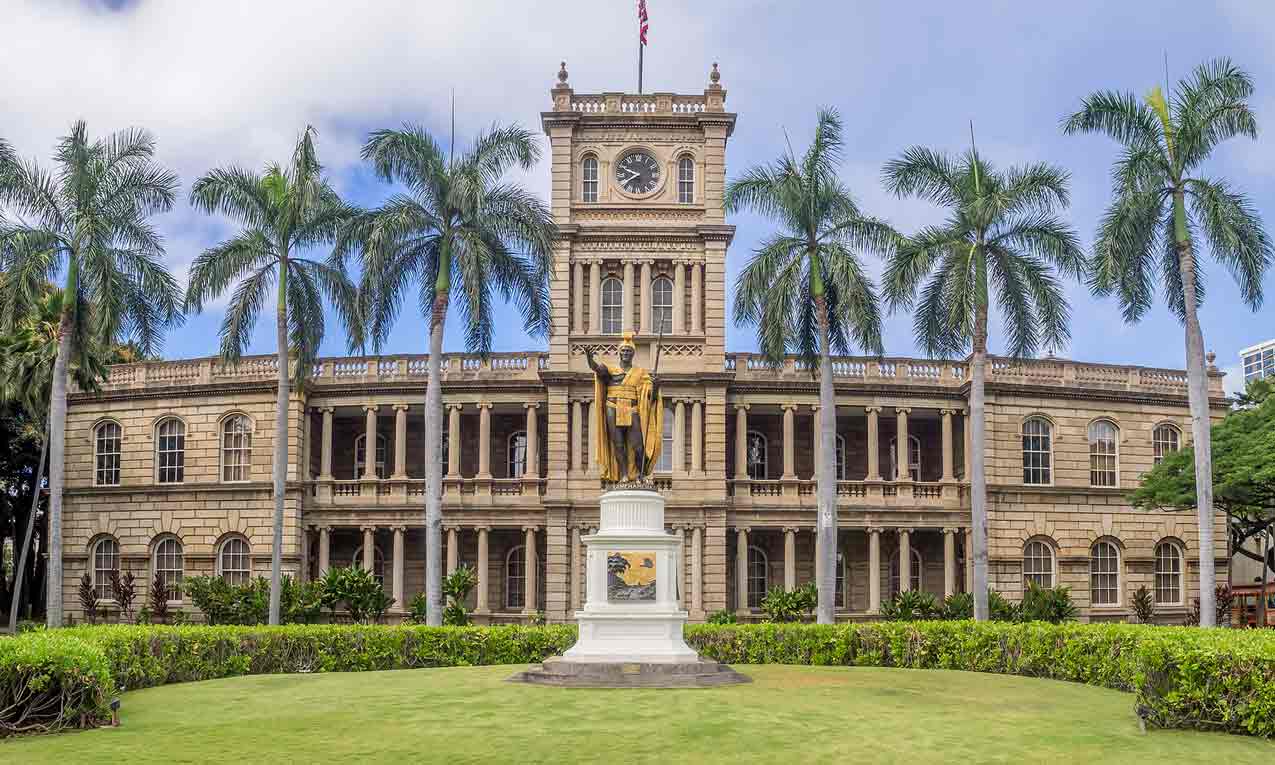For seven years, taxpayers in Maui County awaited a Supreme Court ruling on a lawsuit stemming from real property timeshare tax assessments. On June 19th of this year, they got their answer, relieving them of more than $34 million in potential damages. After analyzing the case that was filed in 2013, the high court determined the county’s timeshare property tax classification wasn’t properly formulated. Payer responsibilities were apparently processed in a 2nd Circuit Court that “lacked subject matter jurisdiction” over assessments.
Because of this, the Hawaii Supreme Court should have never heard the case. Hawaii’s Tax Appeal Court handles these types of cases. In turn, the original “orders and judgement” were vacated by the Supreme Court, “giving rise to the interlocutory appeal.” From here, they remanded the case to the Circuit Court for “further proceedings consistent with this opinion.” In order to better understand the ruling, let’s take a look at the lawsuit a bit further.
Problems With Hawaii’s Timeshare Property Tax Classification.
Originally filed by a handful of timeshare ownership associations and officials (Peter Bagatelos and Vic Henry) from the Ocean Resort Villas, the lawsuit aimed to establish a timeshare property tax category in the state of Hawaii. This was mainly because the tax rate for timeshares holds a $14.40 per $1K valuation in comparison to $2.51-$2.61 per $1K for owner occupied dwellings. Although timeshares have been slapped with some of the highest tax rates seen in years, there’s a reason why.
Timeshares, especially those in Hawaii, cannot be categorized like other forms of real estate. Vacation owners don’t actually own a piece of real property, rather hold rights to a week’s stay. There’s no equity in the purchase. This fact isn’t commonly known, making tax brackets awfully misleading. According to 2nd Circuit Judge Peter Cahill’s order in March of 2018, Maui County’s timeshare property tax classification (established in 2004) was illegal from 2005-2020.
His ruling was favorable for the plaintiffs and stated that the tax rates were “invalid and void.” The response also pointed out that the county may only create property tax classifications on “differences in the use of real property” under the Maui County Code. Cahill went on to say “there is no distinction in the actual use of hotels and timeshares” in the code because it defines them the same way. But was he correct?
Maui County Looks At Reasoning for Tax Classifications.
According to court documents, the intentional classifications made by Maui’s mayor and council were meant to “establish the timeshare tax class and rates” in order to eliminate tax disparities between hotels and timeshares. Since Hawaii is a popular tourist destination, it made sense for them to reclassify properties with high income levels and different methods of occupancy. In turn, the county appealed Cahill’s decision.
Over the past few years, the lawsuit has gained public attention due to the hardship the $34 million reallocation could have caused. Local influencers, politicians seeking change and groups like Maui Miracle came to the aid of the County in order to ensure the result didn’t devastate the community. As a result, the county was able to successfully argue that timeshare associations bypassed the normal appeals processes for property taxes and headed straight to the 2nd Circuit Court – when appeals for tax refunds are the “exclusive and special jurisdiction” of the Tax Appeal Court on Oahu.
Since their accusations stood and the plaintiffs didn’t even utilize the Board of Review, the high court easily determined timeshare property tax assessments were interfered with. Deputy Corporation Counsel Brian Bilberry, who represented Maui County was extremely pleased with the ruling. “The court again expressly recognized, as provided in the Hawaii State Constitution, that ‘all functions, powers and duties relating to the taxation of real property shall be exercised exclusively by the counties,’ “ he said. “The mayor and the Finance Department appreciate the Supreme Court’s reasoning and ruling.”
Supreme Court’s Ruling Impacts Timeshare Owners.
While it is most certainly a sigh of relief for one of the island’s most popular locations, timeshare owners can’t be too thrilled. “With the Supreme Court vacating all orders and judgments and returning the case back to the 2nd Circuit Court for compliance, the case should be dismissed,” other county attorneys said. Since real property assessment appeals need to occur within 30 days of issued assessments, owners lose their ability to appeal or even petition for an overture. It’s safe to say the misalignment of timeshare property tax classifications will impact them the most when it’s all said and done.
Bilberry went on to say the high court’s ruling also means the County’s Corporation Counsel will be “reviewing legal options” and considering whether Maui will have “further recourse” pertaining to the $10.7 million in refunds that Cahill initially ordered them to pay timeshare associations in 2017. According to the lawsuit, these orders were still pending at the time of the suit and have now been included in the vacated judgement.






